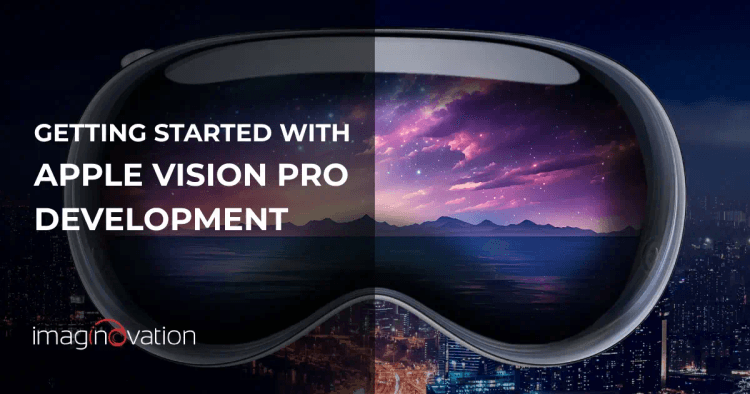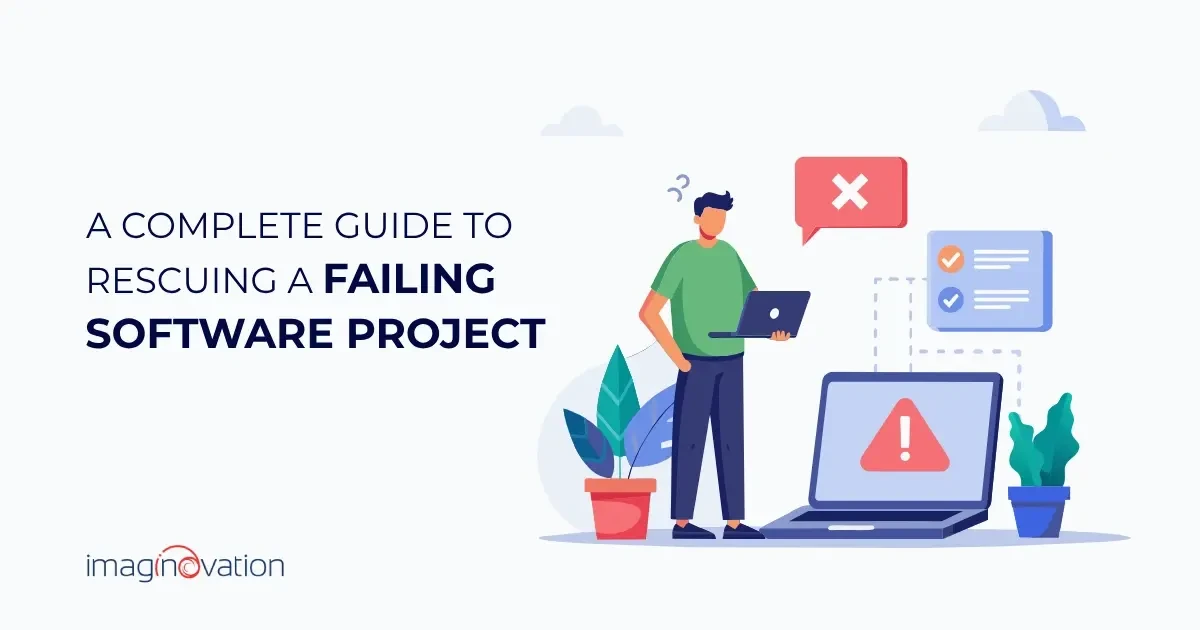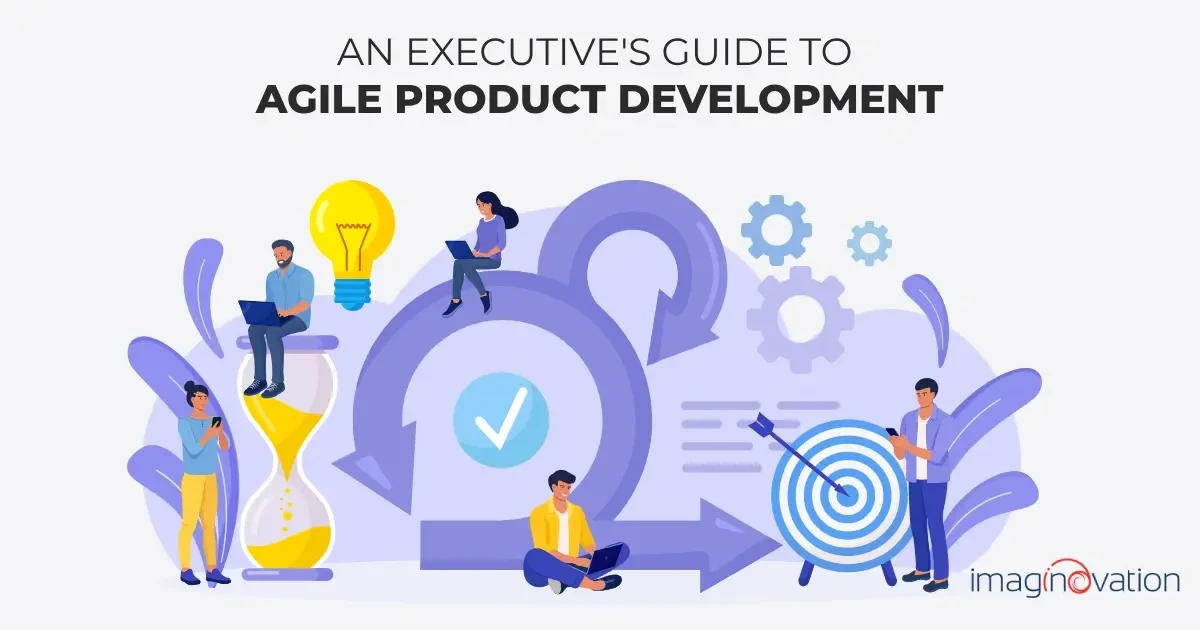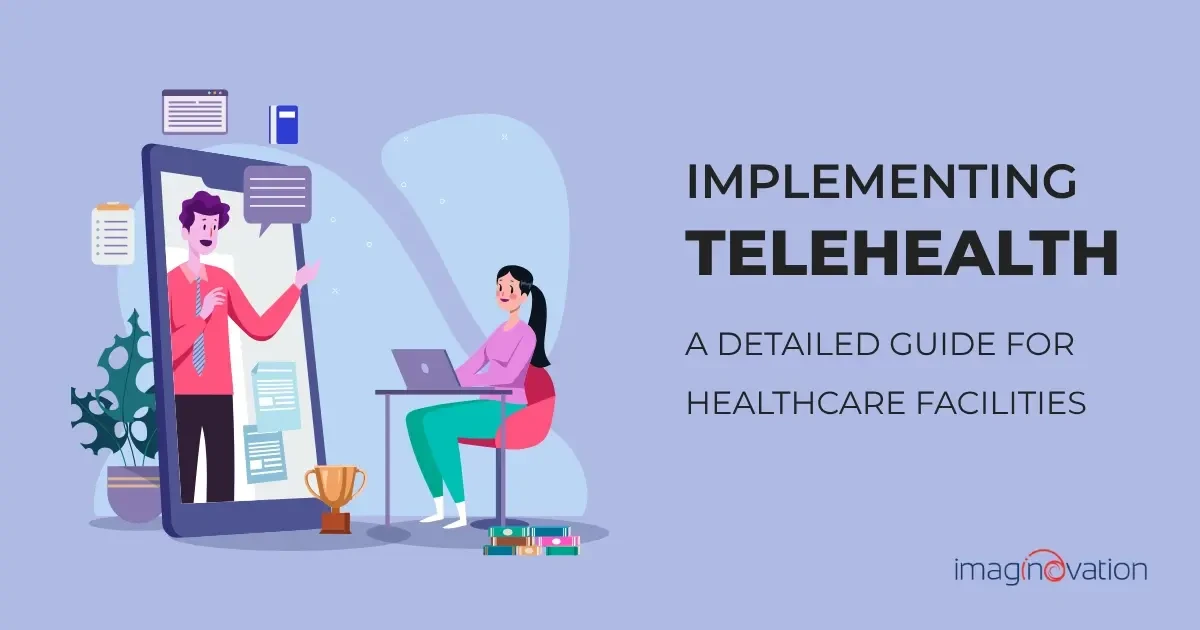Released just last month, the Apple Vision Pro was designed with different use cases in mind. The headset, which Apple calls a “spatial computer,” holds immense potential for businesses that adopt it.
It enhances remote collaboration, improves customer engagement, and transforms how training is done. While these advantages are widely known, developing an Apple Vision Pro app is a bit more complex. Business leaders looking to leverage this AR/VR headset to improve their operations often find themselves stuck.
But that’s where we come in. We have created a detailed article highlighting the steps to develop a company app for Apple Vision Pro. This post also outlines the business opportunities and benefits of Apple Vision Pro apps. Read on to learn more!
Opportunities in AR/VR for Businesses
The applications of Apple Vision Pro go beyond gaming and entertainment. This mixed reality headset presents new opportunities for organizations, especially those looking to improve efficiency and productivity. Let’s examine some of the use cases of AR/VR in business settings:
Real-time Remote Assistance
Accessing technical support can be challenging for businesses working in remote areas. Video and audio calls for support are not always productive, as the technicians can’t pinpoint the exact areas or components that need repair.
But thanks to the Apple Vision Pro headset, such experts can illustrate sophisticated repair procedures to help their colleagues. This is crucial in preventing complete machinery breakdowns and subsequent downtimes.
Remote Collaboration
The Apple Vision Pro also transforms how workers collaborate when working remotely. It provides users with a digital canvas, enabling them to brainstorm and present ideas in a shared space. This is particularly beneficial for designers and architects collaborating on projects.
In addition, this technology also allows users to create digital avatars, leading to more immersive and interactive meetings.
Product Visualizations
Introducing new products into a market always comes with a risk. Brand owners might be worried about poor customer reception. With the help of Apple’s Vision Pro, you can overcome this fear by testing your products in a virtual environment before launching them in the real world.
Similarly, customers can leverage this technology to get insight into different products before buying. They can take a virtual tour of stores, seeing the augmented overlays of different items. A quick look at a wine bottle can reveal the place of origin, notes, food pairings, and more.
Employee Training and Simulation
Healthcare, aviation, and manufacturing are examples of industries that can leverage AR/VR technology to improve their training. With Apple Vision Pro, they can offer training simulations in virtual settings.
Eliminating the need to conduct these training projects in physical environments leads to massive cost and time savings. It also minimizes risk as trainees can practice without worrying about destroying expensive equipment. For example, a flight school can leverage Vision Pro to simulate emergency response measures for pilots.
Why Update Your App for Vision Pro?
Developing Vision Pro apps is no mean feat. It requires business leaders to invest their time and money.
According to research, installing a simple medium-level app sets you back between $40k and $80k, resulting in a pretty hefty investment. This raises the question: do you need to update and develop new apps for Vision Pro? Well, here are some of the benefits you stand to gain:
Reach New Audiences
As spatial computing technology grows in popularity, the demand for Vision Pro apps is expected to increase.
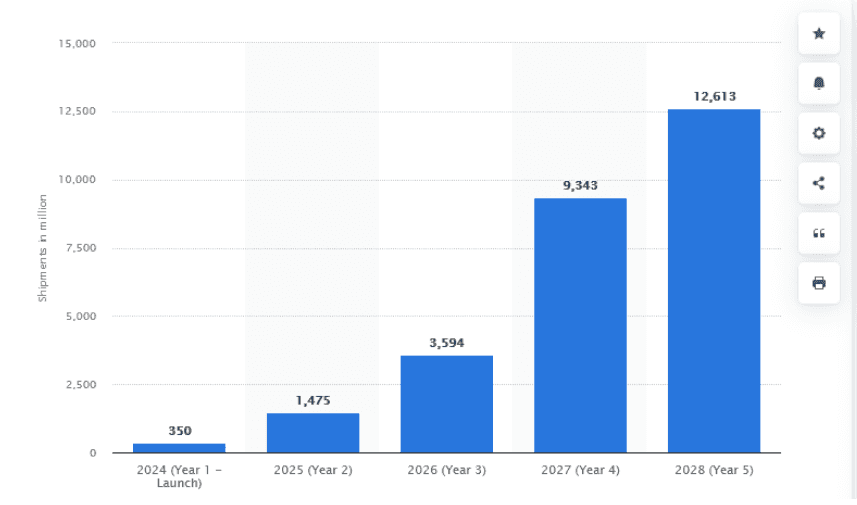
This chart shows that Apple expects to ship at least 350,000 units of its Vision Pro in 2024. However, this figure is expected to increase to roughly 1.48 million by the second year.
This shows the potential benefits for businesses that adopt this technology early. It offers a splendid opportunity to tap into markets their competitors haven’t yet reached. They can offer improved products/services that appeal to savvy audiences, gaining a competitive edge.
Improve User Experience
Apple Vision Pro facilitates the creation of intuitive and interactive apps that enhance user experiences. Brands can create more engaging apps, nurturing a deeper connection and satisfaction.
Enjoy Apple’s Endorsement and Support
If you’ve been looking for ways to set your business apart, getting an Apple Vision Pro app can help. Apple has built a strong reputation for developing premium-quality products. You can enjoy a portion of this reputation by leveraging Vision Pro into your business offerings.
Customers will be drawn to your brand because they trust your product(s) by virtue of being associated with Apple.
Key Features and Considerations for Vision Pro Apps
Apple products have always been trendsetters, and the Vision Pro is no exception. This device is so much more than a VR headset. It packs many amazing features and capabilities that users will surely enjoy. These include:
Rich 3D Content
One of the features you can expect from Vision Pro apps is access to 3D content. Using the Vision Pro system, developers will be able to leverage RealityKit and Unity frameworks to create 3D windows for content display.
Spaces
Vision Pro apps will also contain a Spaces feature. Similar to the full-screen mode in computers, this feature facilitates the display of content on full screen for a maximum immersive experience. Better yet, users will have ample control of the immersion level thanks to the Digital Crown feature.
Human-Centric Controls
Vision Pro will introduce human-centric controls for apps. So, instead of using traditional touchscreen controls, users can navigate apps using hand gestures, eye movements, and voice control.
Integration With the Apple Ecosystem
Vision Pro apps are designed to integrate seamlessly with other Apple products. This makes for easy content sharing across various Apple devices. In fact, the headset offers a gigantic display monitor, enabling users to copy and paste information directly on Vision OS.
In addition, Vision Pro apps can also integrate with other essential programs like Siri, Calendar, Apple Music, and Contacts.
Important Considerations of Apple Vision Pro Apps
Vision Pro is a fairly new technology concept. As such, only a handful of people truly understand how to develop and utilize apps for this system. To ensure users get the most from your app, consider these points:
Compatibility with other Apps
Think about the intended purpose of the application. Would users want to use it alongside others? If so, ensure seamless compatibility with related apps.
Let’s say you’re developing a Vision Pro app to improve productivity. In such a situation, you should ensure it’s compatible with a calendar or other time-management tools.
Data Privacy
Once you develop your app, notify potential users about data usage. Provide a privacy statement explaining how you will use their data and the security measures you have in place.
Developing Your App for Apple Vision Pro
Apple Vision Pro development requires meticulous planning and technical knowledge of integrating different AR/VR technologies. Below is a detailed step-by-step tutorial explaining how to build Apple Vision Pro applications:
1. Create a Concept
The first thing you need to do is come up with a concept for your app. Think of this as the blueprint that will guide the entire development process.
Ask yourself, “What business problem(s) will the app solve?” “What kind of audience will the app target?” “What are the preferred aesthetics of the final product?”
As a business leader, you probably already know the app you want to develop. However, it’s important to put this conceptual design into writing. This clarifies the intended purpose and goals of your Apple Vision Pro app.
2. Perform Market Research

Once you have a clear concept, the next step is to do some due diligence. This entails gathering and analyzing relevant information regarding the app’s potential. Research the app market trends in your industry and look for regulatory issues to ensure your business is compliant.
This is also the ideal time to analyze your competition. Are there any brands in your niche using the Apple Vision Pro? If there are, how are they leveraging the app’s features to maximize their returns? You’ll also identify potential challenges and the best way to optimize Vision Pro’s capabilities.
3. Work With an App Development Company
Apple Vision Pro app development is not as simple as creating ordinary mobile apps. It requires familiarity with complex technologies like spatial computing and mixed reality. It also involves using Apple’s unique development tools, which include SwiftUI, ARKit, and RealityKit.
You will likely make errors during the development if you’re not well-acquainted with these platforms. To avoid such guesswork, it’s best to enlist the help of a professional. Look for a app development company like Imaginovation skilled in building Apple Vision Pro apps.
4. Choose Your Apple Vision Pro Features
With the help of your developer, create a list of features you’d like incorporated into your business app. Consider your niche, and choose specific attributes that would benefit the intended audience. Here are some of the features common in Vision Pro apps:
- Eye-tracking
- High-quality 3D content
- Live video streaming capabilities
- AR/VR-based calls and text messaging
- Real-world sensing and navigation
- Support third-party applications
5. Determine Your App Development Stack
The next stage involves choosing your development stack. And the beauty of this is that Apple already has a set of tools designed specifically for the Vision OS app development. The development kit includes:
- SwiftUI: it’s one of the frameworks you can use to develop your app’s user interface. It’s particularly great for developing immersive experiences, allowing users to overlay 3D content onto their physical world.
- ARKit: like SwiftUI, this tool is also used to enhance the creation of immersive experiences through AR technology. It’s responsible for monitoring a device’s location and orientation and detecting objects/surfaces in the physical world.
- Xcode: this is the main developmental platform for Apple-based apps like Vision Pro. It facilitates the integration of vital features like the simulator, allowing app testing in a virtual environment.
- RealityKit: this tool was built specifically for the Vision Pro. It’s used to create hyper-realistic 3D content. Plus, it offers support for spatial computing and augmented reality technologies.
6. Develop and Submit the App
With your development stack chosen, the only thing left is to bring the app to life. Once it’s built, you’ll need to launch it on an app store. This way, the target audience can download and start using it. Again, Apple has simplified the launching process by creating a store exclusively for Vision Pro apps.
Work with your developer to ensure the app meets the proper criteria and regulations. Finally, your software is ready to launch on the Vision Pro app store.
Develop Apps for Apple Vision Pro with Imaginovation
Apple Vision Pro is an excellent innovation that can help businesses stay ahead of the curve. It has a nice set of features that brands can leverage to streamline their operations and improve customer experience.
However, developing apps for this platform is an advanced process, requiring technical know-how and special hardware. If you’d like to be among the first players to adopt this technology, we can help!
We will assist you in building a cutting-edge app that is also intuitive and practical for your needs. We have extensive expertise in web, app development, and innovative technologies like the Vision Pro.
Get in touch, and let’s innovate together.
